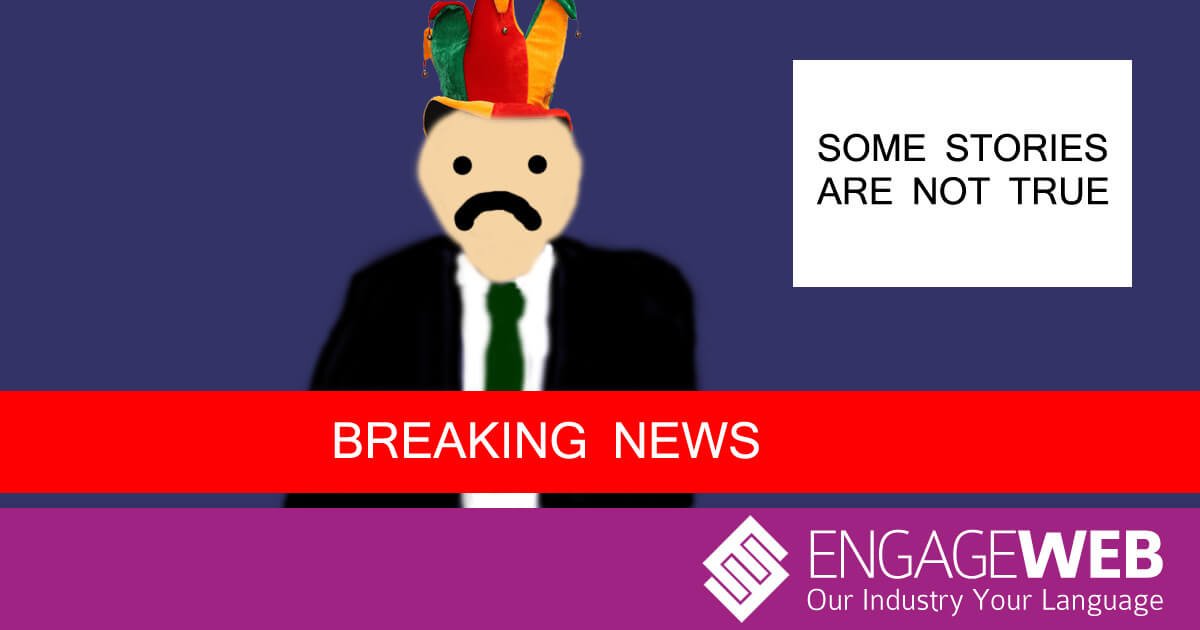Social networking phenomenon Facebook has recently been the subject of a lot of criticism as it has, perhaps unknowingly, been promoting a large number of fake or misleading stories.
Although Facebook has yet to come up with a solution, claiming that the problem is perhaps too big to solve, a group of four American students have been successful in creating a computer program that is able to detect and highlight fake news stories.
Furthermore, these students managed to create the algorithm in just 36 hours. The group decided to conduct this experiment after hearing Facebook’s claims about the issue and after many reports suggesting that a large group of people are blaming the recent election of Donald Trump as US President on fake stories circulating on social media platforms.
The suggestion that fake stories could have impacted upon the result of the election has been a hot topic for debate over in the States, with many famous faces giving their opinion on the matter, including current President Barack Obama and Facebook CEO Mark Zuckerberg, the latter of whom said that fake stories are a small part of what is shared on the platform and that this could not have been powerful enough to swing the election in favour of Trump.
The four students attend different universities across the US, but were brought together at Princeton University’s Hackathon, of which Facebook was a sponsor. The project has since been named FiB and has adopted the slogan ‘Stop living a lie’. The program is believed to be a newsfeed authenticity checker algorithm that takes the form of a Google Chrome browser extension.
One of the students, Nabanita De, explained to the Business Insider how the algorithm works, saying:
“It classifies every post, be it pictures (Twitter snapshots), adult content pictures, fake links, malware links, fake news links as verified or non-verified using artificial intelligence.”
As well as this, the system takes into consideration the reputation of the website and queries it against a database of malware and phishing sites.
This is an issue that Facebook has tried to address itself, even stating that it had tweaked its news algorithms and explaining that humans would no longer be able to write descriptions for its Trending topics list.
Last month, search giant Google announced that it would begin to fact check stories that come through its Google News platform as a result of an increase in ‘fake news stories’ appearing from publishers who use the tool.
- Chrome to warn users regarding insecure web forms - August 20, 2020
- Google trials virtual business cards in India - August 14, 2020
- DuckDuckGo claims Google market share would drop if users given choice - August 11, 2020




RT @EngageWeb: Can you believe everything you read on social media? A team of students might have it sussed. https://t.co/hWSATEXbXi
Vivien Richardson liked this on Facebook.